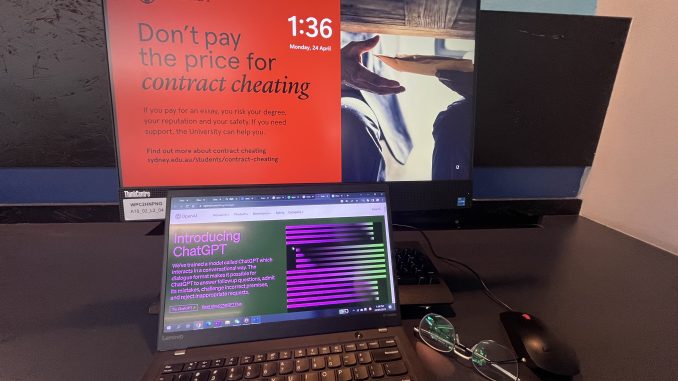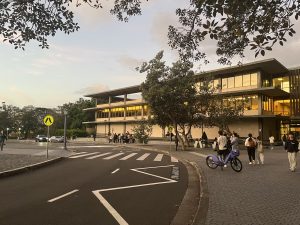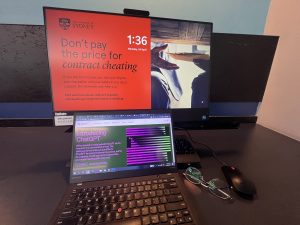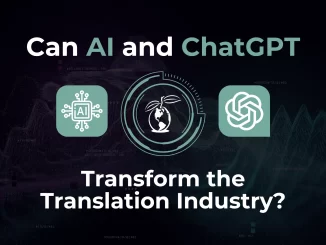
ChatGPT is impacting university education. It is time to discuss the controversies about whether universities should ban ChatGPT or should correctly lead students to use it in appropriate ways. I would like to hold this debate in a commentary article to discuss this issue.
To see the impact of ChatGPT, we should first realize what is ChatGPT and how does it work? ChatGPT is an AI chatting bot that can answer users’ questions based on “most of the world’s digitally—accessible text-based information – at least information that existed as of its time of training before 2021”. We could know that all the AI technology is coded by their engineers, with their understanding and bias. Although ChatGPT is an AI tool that will do self-studying based on questions and answers, its authenticity, and correctness are still discovering. As relevant researcher claims, if two different people ask ChatGPT the same question, they will get nearly the same answers.
It is reported that in USYD’s medical science major, students are required to use ChatGPT to generate a composition. The purpose is to let students ask several questions and train AI to give the best answer. The problem is that ChatGPT will make up fake academic resources and apply them in the essay. Professors and researchers with certain databases may recognize this is a fake paper, but university students can barely recognize its authenticity.

Also, though the assignment aims to test whether students can manipulate AI to get better results, it is still risky. There are kinds of students in a university, both qualified students and lazy students. The point is, technology is not invented to make people lazier, and if that’s the result, education will become meaningless. Because students would not spend time finding academic resources and finishing their assignments by themselves, they would rely on AI to help them finish their own work.
From my perspective, universities should forbid students to use ChatGPT in handed papers and tests, at least for now. We still lack enough research and statistics about how ChatGPT would influence education. What’s more, it is not only about dependency but also about academic authenticity.
Publications such as Wired, and Medium are my target publications. They have my target audiences, who are groups of people that care about technology, academy, and current/future trends.
There will be an interview with Marcel Scharth from USYD (currently expected), who has posted 5 articles on The Conversation about how ChatGPT and AI will impact future studies. The interview will contain a discussion about whether students should enhance learning with the power of AI, or more specifically, applications like ChatGPT, DeepL, and Grammarly.
I would like to shoot a picture by myself for the featured images. A computer with ChatGPT open, and on the top of this computer, is a USYD’s computer with its interface “Don’t pay the price for contract cheating“.

Also, interaction with audiences would be a short vote: Do you think ChatGPT is helpful to your study or not?




Hi Jiawei. I think your choice of ChatGPT and the education system as a topic in your proposal is up to date. Artificial intelligence being used in the education system is a topic that is being hotly debated right now, and the angle chosen is relevant to the daily lives of university students. A suggestion for improvement would be to provide more evidence or examples. For example, many schools publish regulations and other online resources related to writing with AI. The information that can be obtained for the people interviewed is rather one-dimensional, and it could be considered to interview students etc. to get multiple perspectives. Also, for this proposal, it would have been better if each section had been labelled using headings to make it easier for the reader to read. Overall, it is a valuable proposal.